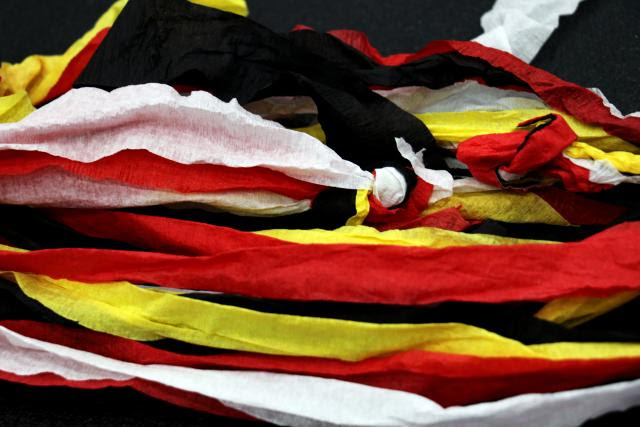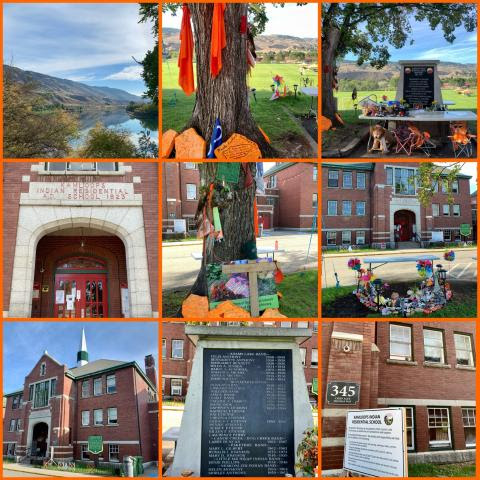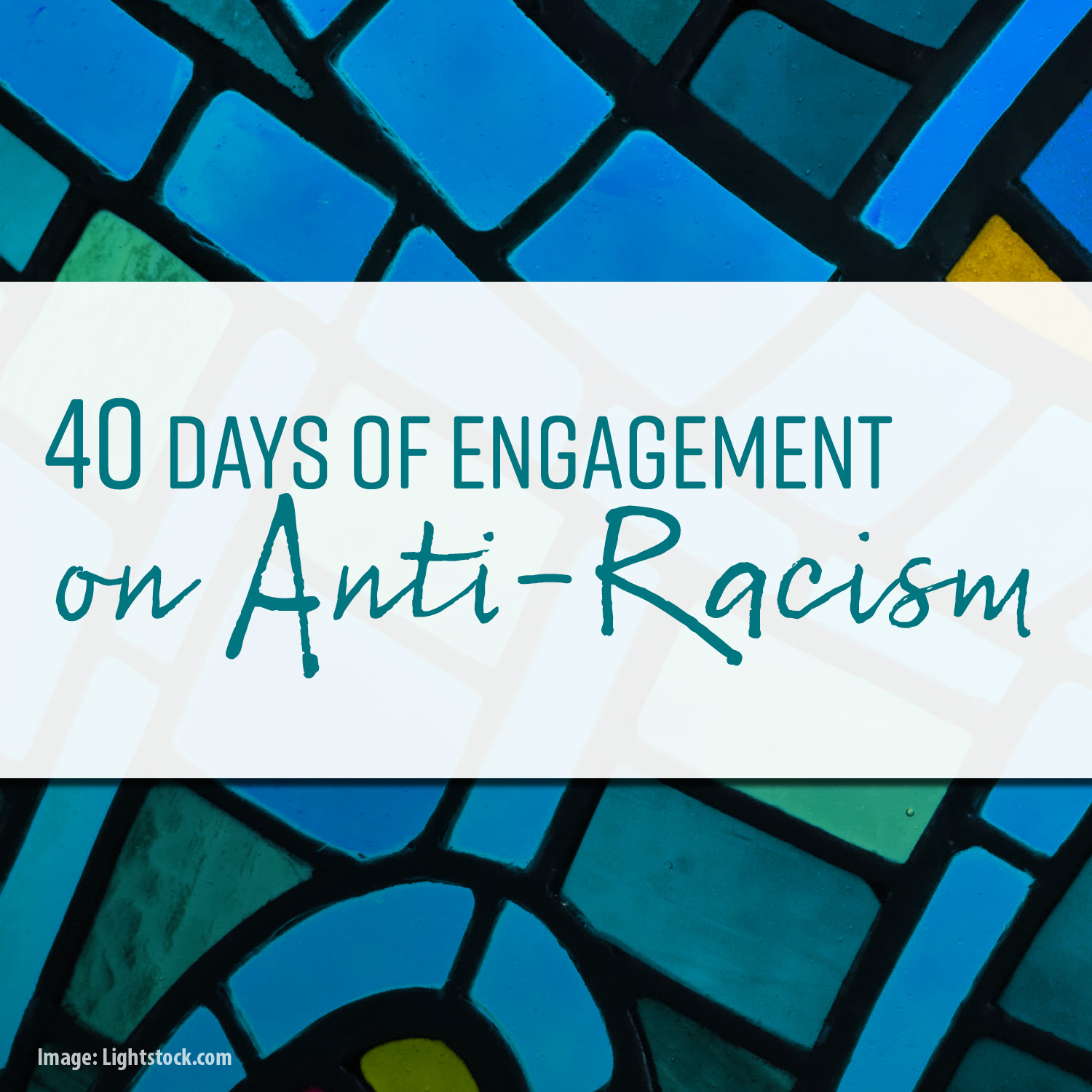Reconciliation and Indigenous Justice News from
The United Church of Canada |
|
Reconciliation?

The “reconciliation” agenda that was so hoped for in 2015 continues to be elusive. Two recent events among are a reminder of this.
On October 24, officers from the Vancouver police who arrested a Heiltsuk man and his granddaughter as they tried to open a bank account, were meant to attend an Apology Feast in the community. They did not show up. CBC reporter Angela Sterritt (Gitxsan), who broke the initial story, also reported on the impacts it created in the community. You can read her work online.
On October 25, the Canadian Human Rights Tribunal found that a settlement agreement in the longstanding child welfare case would potentially exclude many of the people it was intended to support. You can read the full story on APTN News. The Tribunal has recommended that the parties to the settlement meet and revise the agreement so that all affected are compensated.
“Reconciliation” is not a matter of ticking boxes on a list of tasks. It is about seriously addressing and dismantling the imbalance of power that is at the root of our relationship. The United Church has committed to this in our adoption of the UN Declaration on the Rights of Indigenous Peoples as the framework of reconciliation and the creation of our Anti-Racism Action Plan.
[Image: Youth Forum led General Council 43 in braiding together red, white, black, and yellow strips of cloth to symbolize the relationship between colonists, newcomers, and Indigenous peoples.
Credit: The United Church of Canada] |
|
National Gatherings on Unmarked Burial Sites

Kimberly Murray, recently appointed as the Special Interlocutor for Missing Children and Unmarked Graves and Burial Sites associated with residential institutions, has begun a series of national gatherings to be held over the next two years. The first, on supporting the search for and recovery of missing children, was held in September. Moderator Carmen Lansdowne was invited to attend and speak to the United Church’s efforts to support this community-led work.
The second event, on addressing trauma, will be held in Winnipeg on November 28-30. It is open to survivors, intergenerational survivors, community groups and organizations, and allies of Indigenous peoples. It will also be live-streamed.
Future events will focus on Indigenous data sovereignty (January, Vancouver); Indigenous law (March, Toronto); survivor voices (September, Montreal) and the Northern and Inuit experience (January 2024, Nunavut).
[Image: A collage of images taken at Tk'emlúps te Secwe̓pemc First Nation, 2021. Image credit: Julie Graham, Prairie to Pine/Living Skies/Northern Spirit Regional Council Office] |
|
Northern Spirit Support for Healing Work In March 2022, representatives from Northern Spirit Regional Council and Indigenous Ministries and Justice joined the Acimowin Opaspiw Society in ceremony to mark the transfer of Ashmont United Church to the society as a new home for its community of healing. It will be a place for language and cultural reclamation work in the Saddle Lake community. You can read the full story on the Northern Spirit website. |
|
40 Days of Engagement on Anti-Racism October 27 is day 15 of 40 Days of Engagement on Anti-Racism–the United Church’s program that dives deep into anti-racism work. We offer reflections, webinars, actions, and prayer opportunities. And it’s available to do all year round at your own pace, in addition to this specific time. We have more Indigenous-related content this year. So far, we’ve released a reflection on navigating racist institutions and another on reflecting on one’s ancestry. More to come in the next 25 days!
[Image credit: Lightstock] |
|
| Donate to The United Church of Canada and help fund life changing work around the world! |
|
|
|




No comments:
Post a Comment